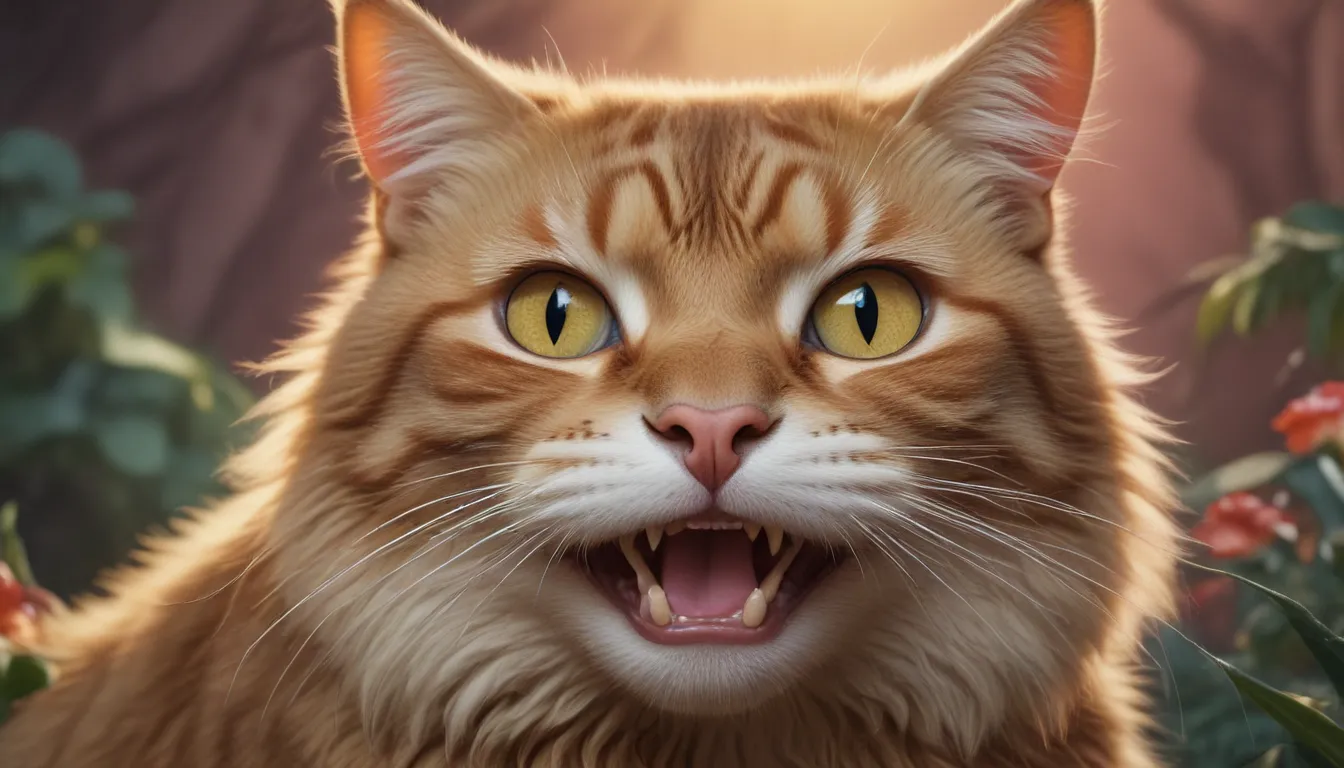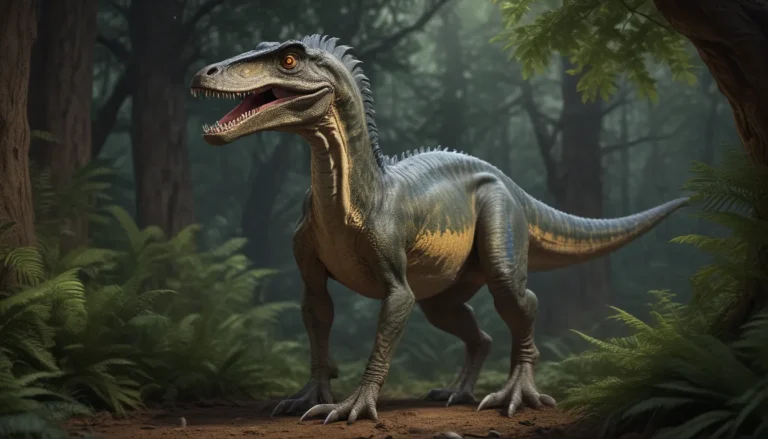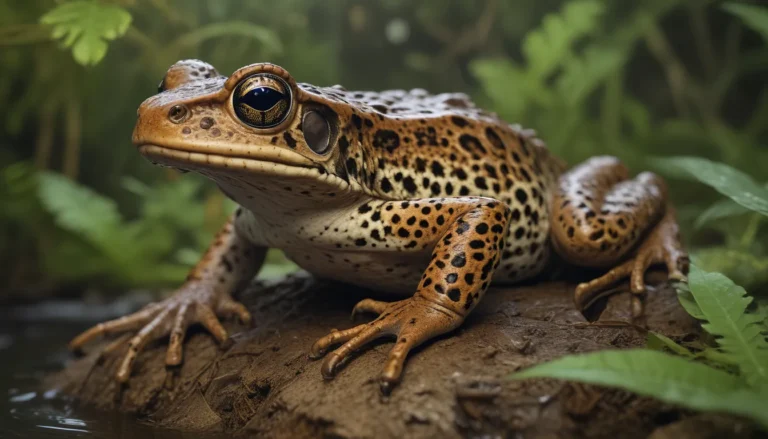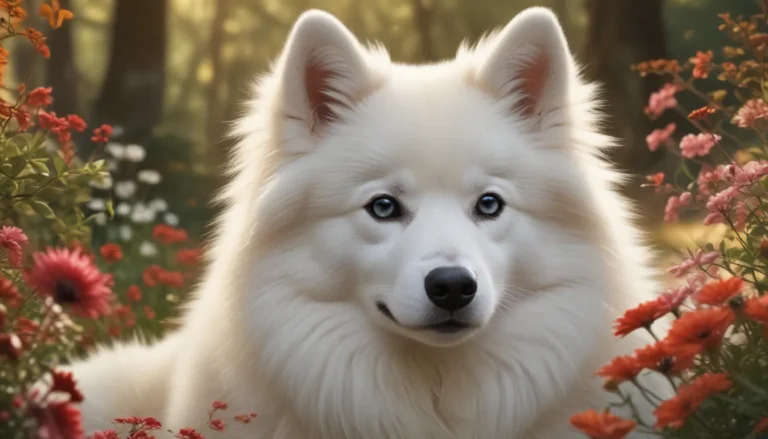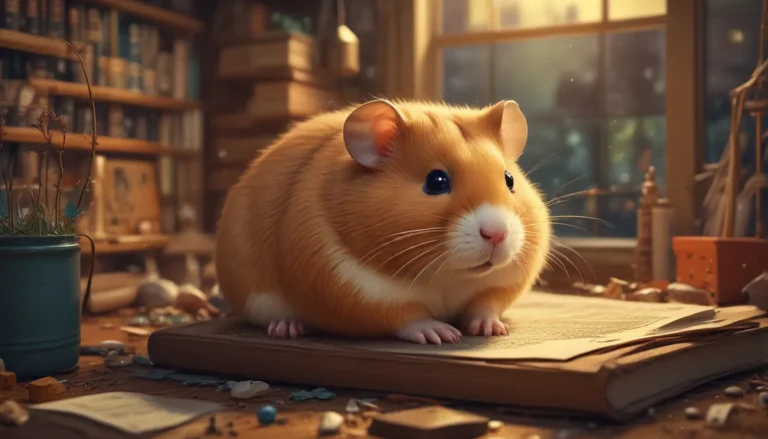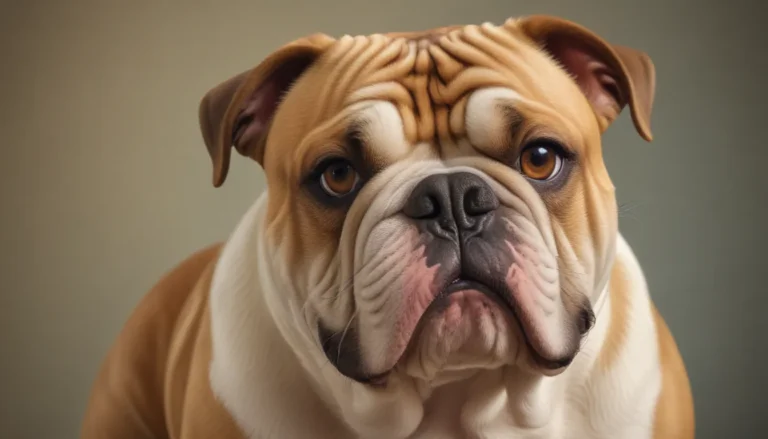The pictures we use in our articles might not show exactly what the words say. We choose these pictures to make you interested in reading more. The pictures work together with the words but don’t take their place. The words still tell you the important facts.
Cats are truly fascinating creatures, from their graceful movements to their hypnotic eyes. One aspect of these furry friends that often goes unnoticed is their teeth. Cat teeth are not only essential for eating but also serve as a means of communication and defense. In this article, we will delve into 15 intriguing facts about cat teeth, uncovering their unique features and the importance they hold in a cat's life. So, let's embark on a journey into the world of cat teeth and uncover some jaw-dropping information about our beloved feline companions.
Understanding the Anatomy of Cat Teeth
Cats typically have 30 teeth in total, comprising incisors, canines, premolars, and molars. These teeth are perfectly designed to assist cats in catching and consuming their prey effectively. Their sharp and pointed canines are ideal for biting into their food, while their premolars and molars aid in slicing and grinding.
The Role of Cat Teeth in Hunting and Eating
Due to their carnivorous nature, cat teeth are specialized for tearing and shearing meat. Their dental formula of 2 (I 3/3, C 1/1, P 3/2, M 1/1) reflects this adaptation. Cats rely on their teeth not only for hunting but also for grooming and communication. Regular dental care is crucial to prevent issues like tooth decay and tooth resorption.
The Lifecycle of Cat Teeth
As kittens, cats have a temporary set of teeth known as "milk teeth" or deciduous teeth. These baby teeth are eventually replaced by their adult teeth, which start to emerge around 4-6 months of age. Cats do not have a specific age for teething, as their deciduous teeth naturally fall out as their permanent teeth come in.
Maintaining Your Cat’s Dental Health
Just like humans, cats can experience dental problems such as gum disease, tooth decay, and fractured teeth. Regular dental care, including professional cleanings and brushing their teeth, is essential to maintain their oral health. Introducing toothbrushing during their kittenhood can help establish good oral hygiene habits.
Signs of Dental Issues in Cats
Observing the condition of a cat's teeth can give insight into their age. Younger cats tend to have whiter, sharper teeth, while older cats may exhibit signs of wear or dental problems. It's important to look out for signs such as bad breath, difficulty eating, or excess drooling, which could indicate dental issues.
Unique Characteristics of Cat Teeth
Cats possess a powerful bite force despite their smaller size. Their strong jaw muscles and sharp teeth enable them to effectively bite and tear through their food. Cats also use their teeth for communication, sometimes using gentle bites during play or as a display of affection.
Dental Care Tips for Cat Owners
To prevent tartar buildup and potential dental problems, it's essential to regularly clean your cat's teeth. Special cat toothbrushes and toothpaste are available for this purpose. Additionally, some cats may experience tooth resorption, a painful condition that requires regular dental check-ups for detection and treatment.
Conclusion: Ensuring Your Cat’s Dental Well-being
Understanding cat teeth facts is vital for every cat owner. Cats have a unique dental structure tailored to their carnivorous lifestyle. By taking care of their teeth through proper hygiene and regular veterinary check-ups, you can ensure their overall well-being. Remember to monitor your cat's dental health and seek professional help if you suspect any issues. With proper dental care, you can help your feline friend remain healthy and happy for years to come.
Frequently Asked Questions about Cat Teeth
- When do cats start getting their teeth?
-
Cats start getting their first set of teeth, known as deciduous or kitten teeth, when they are around three weeks old.
-
How many teeth do cats have?
-
Adult cats have 30 teeth, consisting of incisors, canines, premolars, and molars.
-
Do cats lose their baby teeth?
-
Yes, cats lose their baby teeth, and they are usually replaced by their permanent teeth by the time they are six months old.
-
How often should I brush my cat’s teeth?
-
It is recommended to brush your cat’s teeth daily or at least three times a week to maintain good oral hygiene.
-
Are there dental treats for cats?
-
Yes, there are dental treats designed specifically for cats that help promote dental health by reducing plaque and tartar buildup.
-
Can cats get cavities?
-
Cats are less prone to cavities compared to humans. However, they can develop dental problems such as periodontal disease, gingivitis, and tooth resorption.
-
What should I do if my cat has dental issues?
- If you suspect that your cat has dental issues, it is best to consult with a veterinarian. They can perform a thorough examination and provide appropriate treatment.
By being educated about your cat's dental health, you can contribute to their happiness and well-being. Remember, a healthy smile leads to a happy cat!
